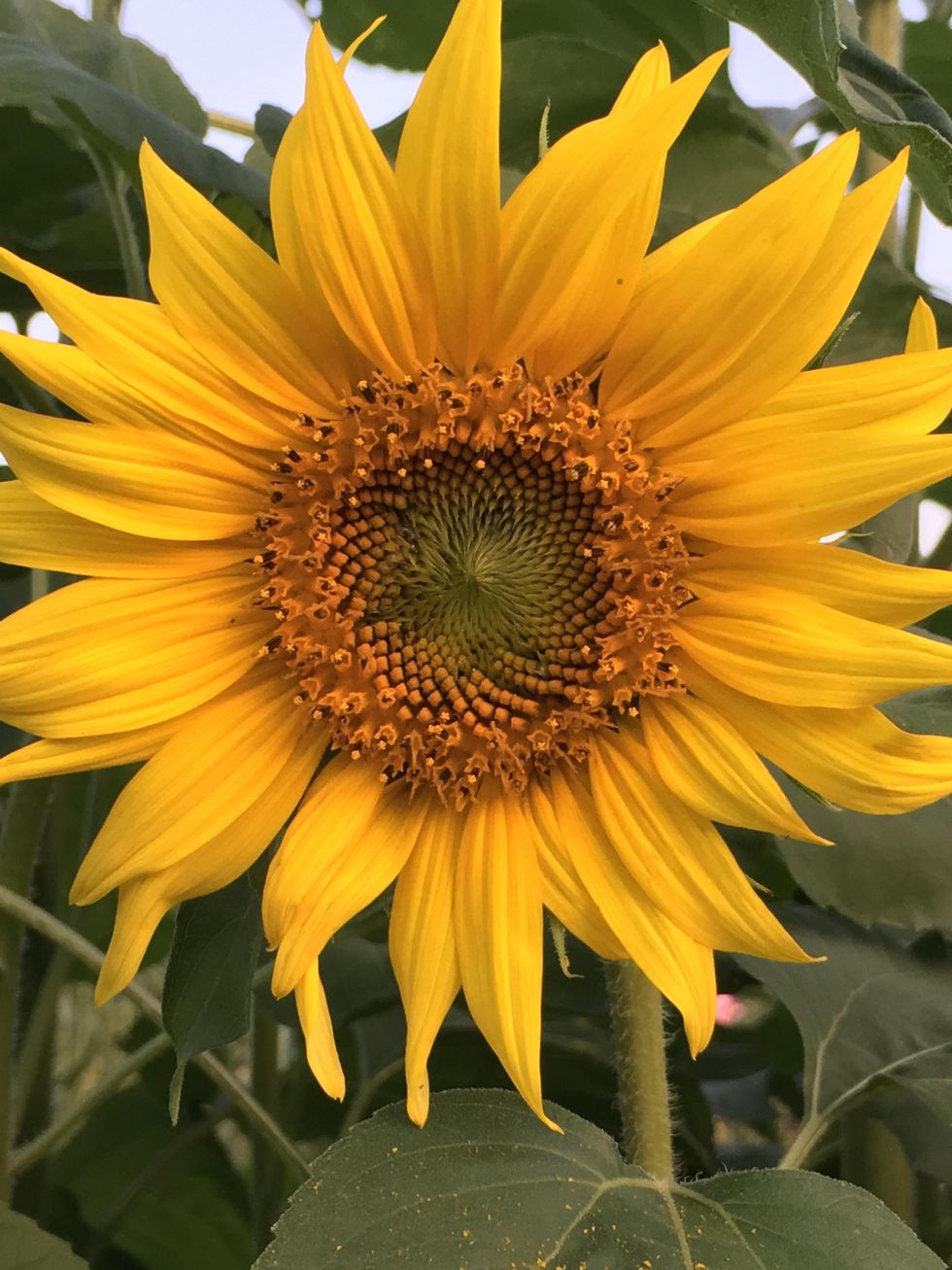More so than any other topic or natural phenomenon, American writing is fixated on the allure of the wilderness. The plotline of a resourceful young man stranded in the woods, where he learns to survive, is incredibly widespread among literature in the United States. Even children read Hatchet or My Side of the Mountain at a young age in school or in leisure. Survival television shows and movies dot the entertainment landscape as thickly as the forests contained within them are dotted with trees.
It’s not unreasonable for America to be a nation obsessed with the wilderness. From its earliest days onwards, the United States has been both a largely agrarian and a frontier nation. Its original settlers were landless yeomen cheated out of their inheritance by primogeniture, arriving from England in search of farmland and a source of revenue. The land itself was the pull to the New World for many of its early inhabitants, and, considering the land had no large scale urban settlements like those of Europe (excepting the widespread but scattered Native American settlements) it is perfectly logical that the early settlers would glorify the land they hoped would bring extensive profit with it. Even throughout the youth and adolescent of the union itself, the nation consistently sought land expansion and the frontiersmen who pushed the borders ever farther took a great deal of pride in living off the land and being innately self-reliant as opposed to the wage worker living at the mercy of his or her management. Land has always been inextricably tied to self-reliance in the American psyche and self-reliance to liberty—for who can be truly free when he owes his means of existence to another. The American call of the wild is at once the bells of freedom and the hope for a better future rolled into a single sentiment.
The modern call of the wild retains its original function, although it differs in form and lacks the strength it once held. The nature of today is less the rule than the exception. There is no longer a vast wilderness on the edge of civilization. Cities are more densely populated than ever before and even the most rural areas of the country are covered in farmland, much of it dedicated to large agribusiness. The prevalence of technology in daily life has replaced what has once the wild’s domain. As a result, the call of the wild now exists in a new, modernized variant. Rather than Thoreau’s desire to simply live among nature and observe it, most people today seeking to reconnect with nature find a local trail or state or national park in their area-- an exception to their everyday concrete jungle. Furthermore, they will almost always document their experience through pictures taken on their cell phone, and they are typically accessible to the outside world by way of that phone. Today, the call of the wild is dampened by the constant presence of modern technology and even those who hear it experience it through the haze of technological convenience.




















 sunrise
StableDiffusion
sunrise
StableDiffusion
 bonfire friends
StableDiffusion
bonfire friends
StableDiffusion
 sadness
StableDiffusion
sadness
StableDiffusion

 purple skies
StableDiffusion
purple skies
StableDiffusion

 true love
StableDiffusion
true love
StableDiffusion
 My Cheerleader
StableDiffusion
My Cheerleader
StableDiffusion
 womans transformation to happiness and love
StableDiffusion
womans transformation to happiness and love
StableDiffusion
 future life together of adventures
StableDiffusion
future life together of adventures
StableDiffusion





















